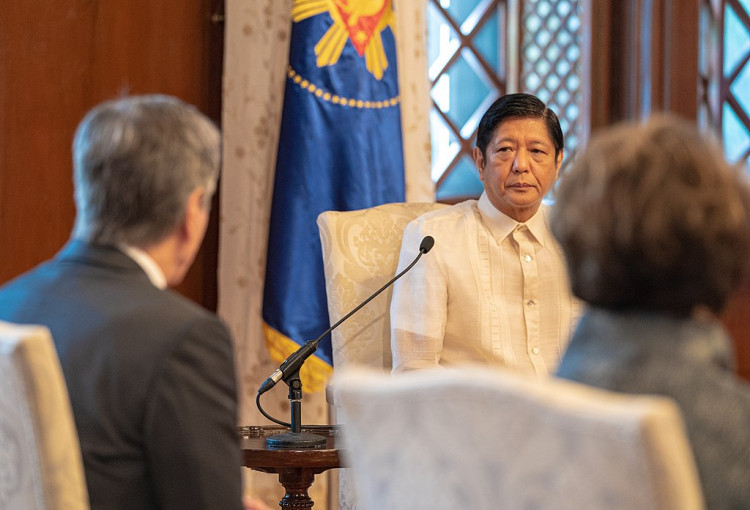In a decisive move to address escalating criminal activities linked to the gambling sector, Philippine President Ferdinand Marcos Jr. has ordered the immediate cessation of all Philippine Offshore Gaming Operators (POGOs). The announcement, made during his State of the Nation Address on Monday, mandates that all existing POGO operations must wind down by the end of the year.
"The grave abuse and disrespect to our system of laws must stop," Marcos declared, emphasizing the urgent need to tackle the pervasive illegal activities tied to the industry. These activities include financial scams, money laundering, prostitution, human trafficking, kidnapping, torture, and even murder, which have been closely associated with POGOs.
POGOs first emerged in 2016, setting up shop in the Philippines with a focus on targeting gamblers overseas, particularly in China, where gambling is prohibited. The industry grew rapidly, employing around 25,000 Filipinos and nearly 23,000 foreigners by the end of 2023, according to government data. However, the growth of POGOs has been marred by their involvement in various illicit activities.
The President's announcement follows a series of high-profile raids on illegal POGO compounds in Pampanga and Tarlac, uncovering human trafficking and scam operations. This crackdown was part of a broader Senate investigation and had garnered support from multiple senators, the Department of Finance (DOF), and the National Economic and Development Authority.
"Effective today, all POGOs are banned," Marcos stated unequivocally. "I hereby instruct [gaming regulator] PAGCOR to wind down and cease the operations of POGOs by the end of the year."
PAGCOR, the Philippine Amusement and Gaming Corporation, which oversees gaming operations in the country, has faced significant pressure to address the industry's dark side. Despite PAGCOR Chairman and CEO Alejandro Tengco's stance that better regulation-not an outright ban-was the solution, the government's patience had evidently run out. Tengco had previously implemented a full relicensing process last year, reducing the number of licensed POGOs from 298 to just 43 in an attempt to tighten control over the industry.
The decision to ban POGOs reflects growing frustration with the inability to curtail the associated criminal activities through regulation alone. Just days before the President's announcement, the Philippine National Police (PNP) had established a special task force dedicated to identifying and dismantling illegal POGO operations.
Marcos's move is seen as a bold but necessary step to restore law and order. "The grave abuse and disrespect to our system of laws must stop," Marcos reiterated, highlighting the administration's commitment to upholding the rule of law and protecting the country's reputation.




